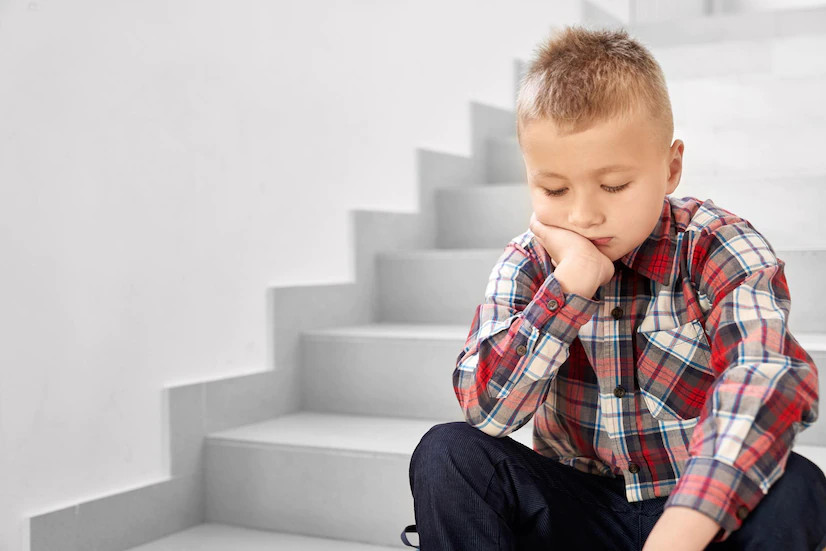Parents often aim to raise well-behaved children and are often searching for the most effective ways to instill discipline. Self-discipline enables children to resist unhealthy temptations, manage their time efficiently, and work towards achieving their long-term goals. Every parent wants to see their children grow into responsible adults. However, teaching children good discipline doesn't necessarily require an authoritarian approach.
So, how can parents instill discipline in their children while maintaining a loving environment? Let's explore some helpful insights.
Ways to foster discipline in children
Create consistent schedules
Consider implementing a family routine to instill discipline early on. A consistent daily schedule can help your child become accustomed to this structure.
Routines help children recognize when it's time to wake up, shower, brush their teeth, eat meals, and go to bed. A well-structured routine encourages children to manage their time effectively, allocating time for chores and play. This approach fosters a positive environment for completing homework and engaging in other activities.
Begin with a simple routine tailored to your child's age. Toddlers and young elementary school children may need assistance with daily routines. As they grow older, encourage independence by allowing them to follow routines independently.
Create rules with your child
In addition to establishing a routine, you can foster discipline in children by implementing household rules. Unlike authoritarian parenting, discipline training involves discussing rules with the child and explaining their reasons. Use language appropriate for your child's age to provide explanations.
For instance, you can explain the importance of going to bed before 9 p.m. to avoid oversleeping or why brushing teeth before bedtime is essential for dental health. Collaborating with your children in setting rules helps them understand the purpose behind each rule and fosters their involvement. This approach makes it easier for children to adhere to agreed-upon rules and follow through with them.
Explain about the consequences
Children sometimes grasp the concept of discipline through experiencing the outcomes of their actions. For example, if a child forgets to prepare their school uniform in the evening, they may face consequences like not wearing the complete uniform the next day. Confronting the natural consequences of their behavior can aid children in learning and developing greater discipline.
In addition to these natural outcomes, you can also explain the negative repercussions of making poor choices to your child and then allow them to make their own decisions. This approach can also cultivate a sense of responsibility in children for their choices.
Give appreciation to the child
When teaching discipline to children, remember to acknowledge and appreciate their good behavior when they demonstrate discipline effectively. When offering praise, be specific, such as saying "Thank you for tidying up the toys." Recognize and praise behaviors that you want your child to repeat in the future. This can help your child feel valued and understand that they are making positive choices.
Serve as a role model
Children are great imitators. They will learn a lot from observing their surroundings, including their daily behavior. Therefore, if you set a rule at home not to use gadgets one hour before bedtime, then you should also do it so that children can learn from your behavior.
Discipline training for children can start early and continue until they are teenagers. It is a long process that requires perseverance and patience.
If you need advice on parenting, you can seek guidance from a child psychologist or seek a doctor through the health consultation services available on the Ai care application, downloadable from the App Store or Play store
Looking for more information about pregnancy, breastfeeding, and the health of women and children? Click here!
- dr. Yuliana Inosensia
Morin, A. (2021). 8 Ways to Teach Kids Self-Discipline Skills. Available from: https://www.verywellfamily.com/teach-kids-self-discipline-skills-1095034
UNICEF. How to discipline your child the smart and healthy way. Available from: https://www.unicef.org/parenting/child-care/how-discipline-your-child-smart-and-healthy-way
Healthy Children. What’s the Best Way to Discipline My Child?. Available from: https://www.healthychildren.org/English/family-life/family-dynamics/communication-discipline/Pages/Disciplining-Your-Child.aspx
Better Health. Discipline and Children. Available from: https://www.betterhealth.vic.gov.au/health/healthyliving/discipline-and-children












